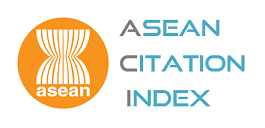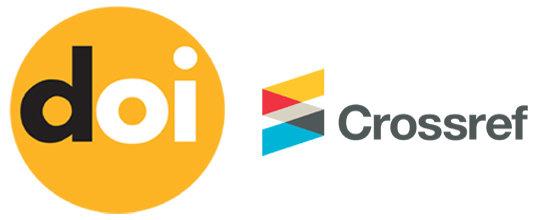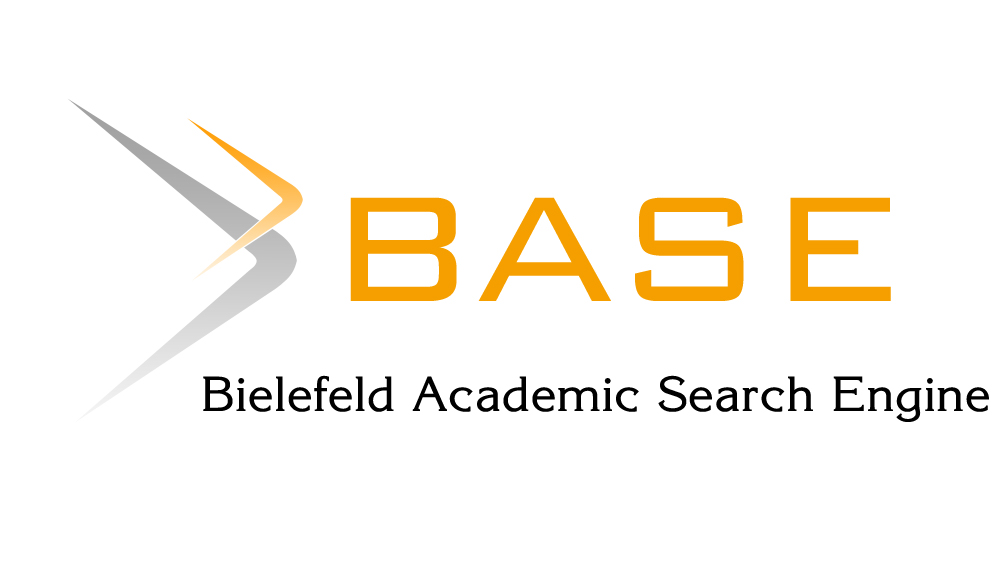SELF AND PEER LEARNING IN EFL COMPOSITION CLASSROOM: THE EFFECTS OF A SERIES OF FORMATIVE ASSESSMENT SCAFFOLDS ON EFL STUDENTS’ ACADEMIC WRITING QUALITY
DOI:
https://doi.org/10.35382/tvujs.15.3.2025.136Keywords:
FL argumentative writing, formative assessment, peer assessment, self-assessmentAbstract
Improving English foreign language writing through formative assessments has been an essential area for research in writing instruction. The research team first focused on answering the question of how differently forms of formative assessment of writing, self-feedback with teacher support, and peer feedback in the revision stage of the writing process, influence Vietnamese EFL novice student writings. The second question was how reliable self- and peer assessments are, in relation to teacher-based assessment of the quality of student writings. 83 participants of intermediate level in English would participate in the study of two panels with switching replications. In panel 1, group 1 was learning from peers for essay quality, and group 2 was practicing self-assessment of essay quality with the support of teacher feedback. In panel 2, two groups swapped the conditions. There was a total of 239 texts of the argumentative genre across five controversial writing topics collected through the three moments of measurement. Data indicated that the two formative assessment practices would contribute equally to the quality of student writing; however, the sequence of practicing self-assessment first and then peer assessment would be optimal for improving writing quality. Furthermore, the scores the students gave themselves and to the others were in correlation with the teacher’s ratings. The article concludes by underscoring the necessity of integrating formative assessment practices in the writing process, and student self- and peer-ratings could be considered as a source of reliable information on the quality of student writing.















